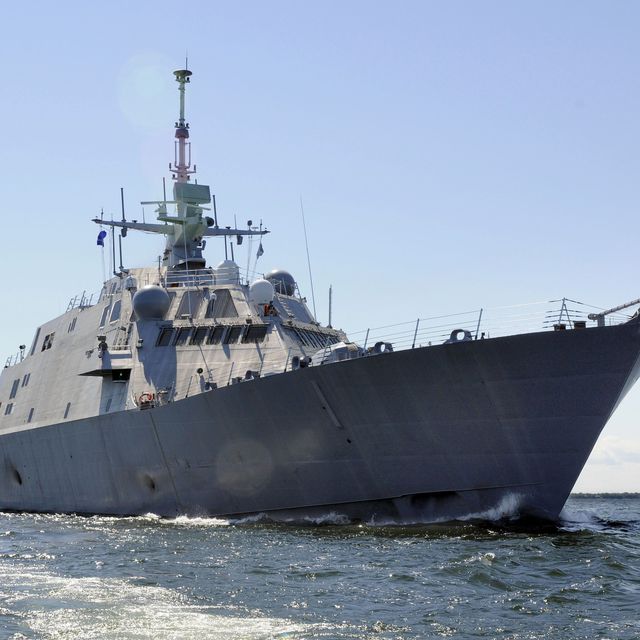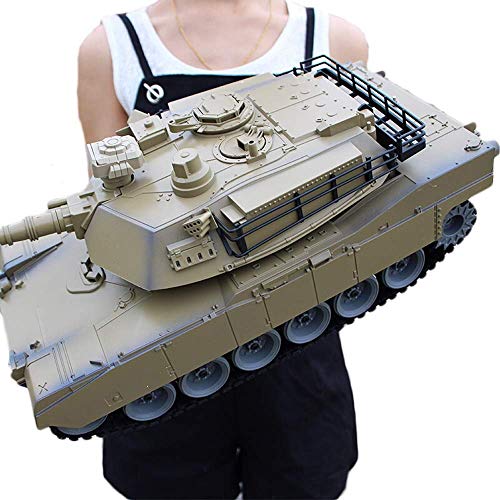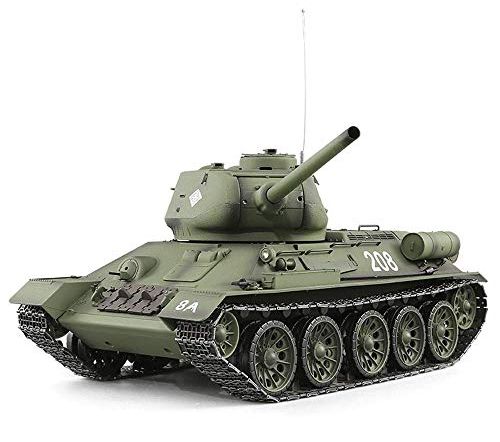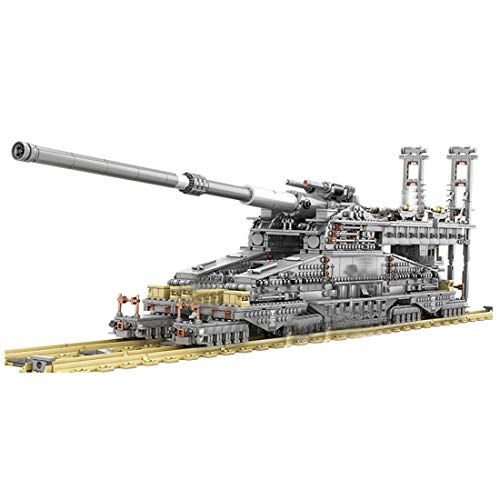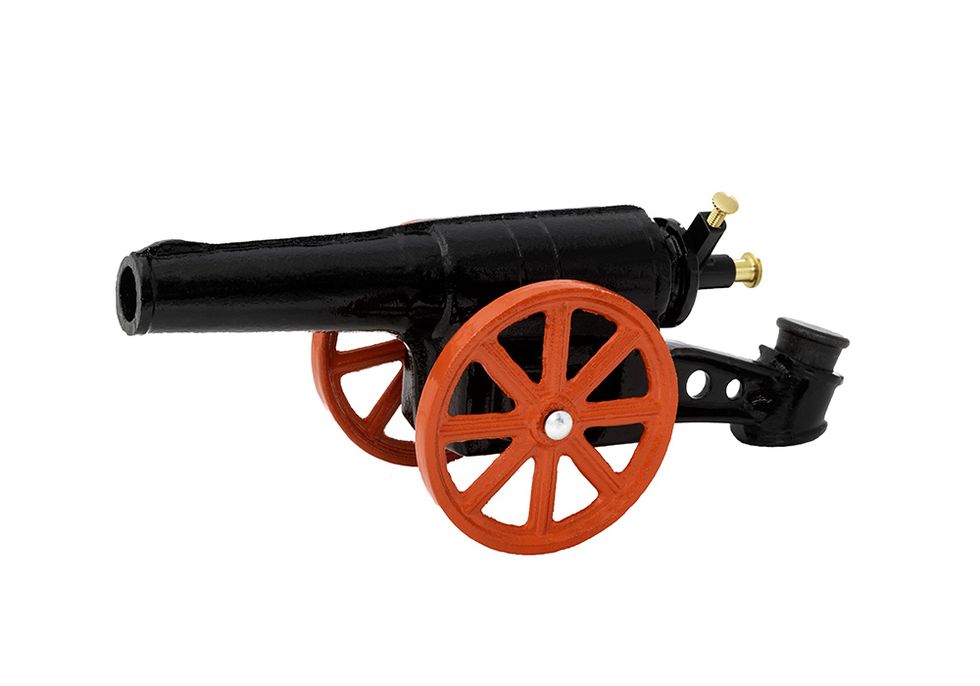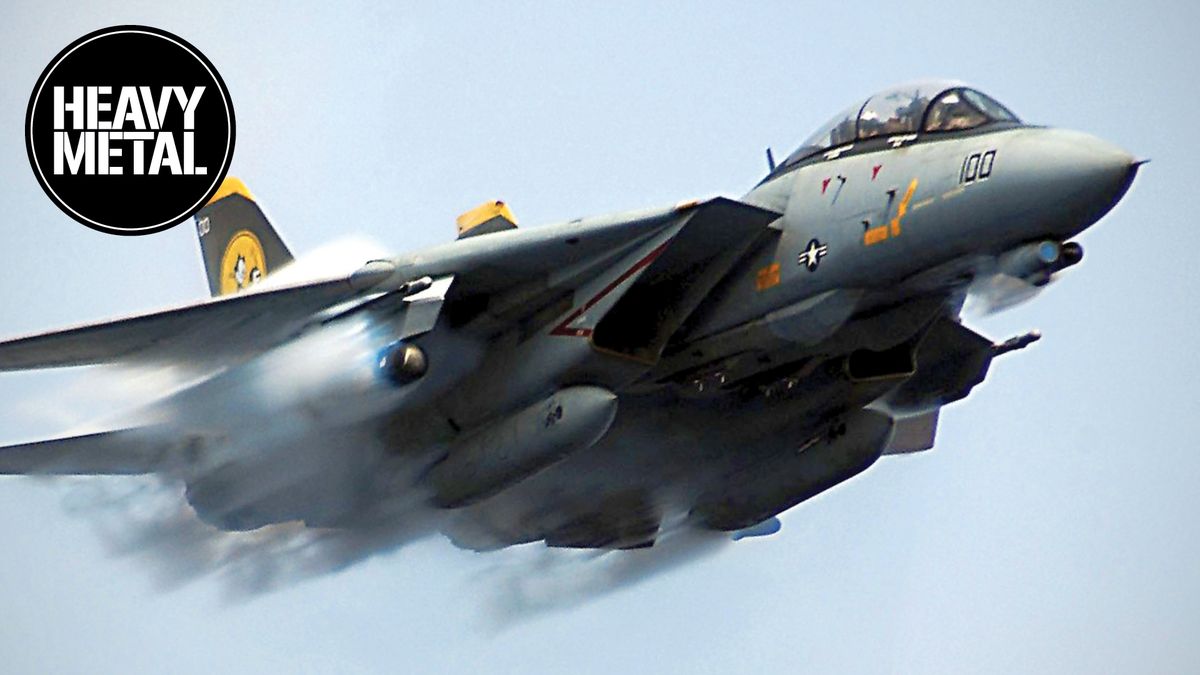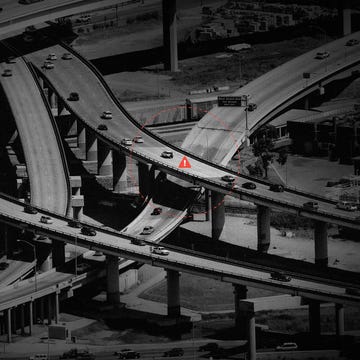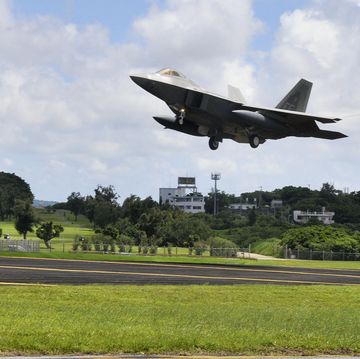- The U.S. Navy is refusing deliveries of more Freedom-class Littoral Combat Ships from Lockheed Martin.
- Officials have discovered a defect in the propulsion system affecting all of the ships.
- The stop acceptance order doesn't affect other Littoral Combat Ships from rival shipmaker Austal.
The U.S. Navy is refusing to accept delivery of additional Littoral Combat Ships (LCS) from defense contractor Lockheed Martin. The Navy has identified a defect with the ship that has led to at least two breakdowns among Freedom-class ships, and the service won't take any new ships until the defect is fixed.
The defect is yet another setback for the LCS program, one of the most troubled Navy shipbuilding programs in recent memory.
The problem, U.S. Naval Institute News reports, is a flaw in the bearings system that links the Rolls-Royce MT30 gas turbine engines to the Colt-Pielstick diesel engines. The two engines combined can push a Freedom-class LCS ship to a top speed of 40 knots, or 46 miles per hour on land. The LCS class was designed with speed in mind, to better operate in coastal environments, sprint between islands, or zip in and out of range of enemy weapons.
The Navy began the LCS program in the mid-2000s, buying two separate designs from shipbuilders Lockheed Martin and Austal. The service envisioned the LCS as a small, adaptable, frigate-sized warship that could quickly onboard “mission modules” to orient the ship toward anti-submarine warfare, anti-surface warfare, anti-mine warfare, and act as a mobile base for special operations.
But the mission module program has been a flop, producing few, if any, working modules and leaving the ships under-armed and under-equipped.
The Coolest Military Toys
There have also been several propulsion system breakdowns in the Freedom class. USS Detroit and USS Little Rock, both Freedom-class ships, have experienced breakdowns that the Navy now believes were due to the class-wide defect. The Navy ultimately plans to buy at least 16 Freedom-class ships from Lockheed Martin.
Now that the Navy has identified the problem, it's up to Lockheed Martin to fix—and pay for—it. The Navy, Lockheed, and OEM equipment maker Lenk AG have designed a replacement part, which will undergo testing before being back-fitted to ships already in the fleet. It’s unclear how long it will take to upgrade the ships. In the meantime, existing ships are limited to 35 knots.
🎥 Now Watch This:

Kyle Mizokami is a writer on defense and security issues and has been at Popular Mechanics since 2015. If it involves explosions or projectiles, he's generally in favor of it. Kyle’s articles have appeared at The Daily Beast, U.S. Naval Institute News, The Diplomat, Foreign Policy, Combat Aircraft Monthly, VICE News, and others. He lives in San Francisco.
